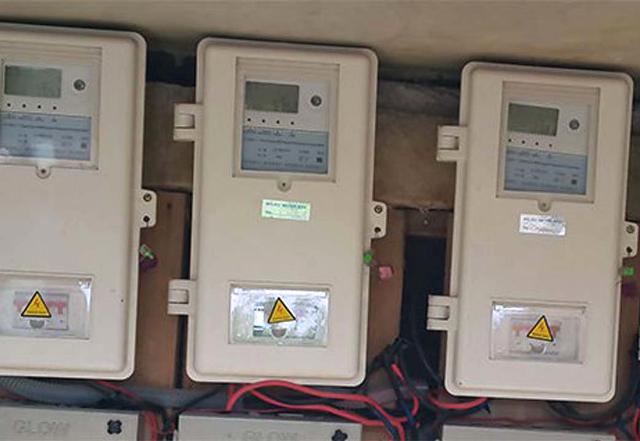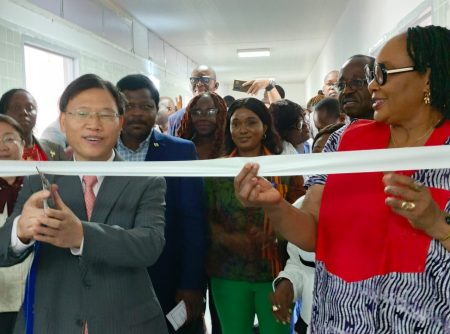The Nigerian Federal Government, under the leadership of President Bola Tinubu, has embarked on a significant initiative to revolutionize the power sector by deploying seven million smart meters across the country. This ambitious undertaking, known as the Presidential Metering Initiative, aims to address persistent challenges within the electricity value chain, primarily the pervasive issue of estimated billing and the associated revenue leakages. By providing accurate metering to a vast number of currently unmetered customers, the government anticipates a substantial reduction in collection losses, ultimately enhancing the financial viability of the entire power sector. This move signifies a commitment to modernizing the electricity infrastructure and ensuring a more transparent and efficient billing system for consumers.
The deployment of smart meters forms a crucial component of a broader strategy to improve the commercial viability of the gas-to-power value chain. The government recognizes the need to transition to a cost-reflective tariff system that accurately reflects the expenses involved in electricity generation and distribution. This entails developing comprehensive policies and frameworks that promote efficiency in determining the true cost of power delivery. By implementing a more transparent and accurate pricing mechanism, the government aims to ensure that the power sector operates on a sustainable financial footing, encouraging further investment and expansion of the grid.
Addressing the legacy debt burden within the power sector is another key priority for the Tinubu administration. This accumulated debt, a consequence of insufficient funding for electricity subsidies and underperformance in revenue collection by Distribution Companies (Discos), poses a significant obstacle to the sector’s financial health. The government plans to tackle this issue through a combination of cash payments and promissory notes, ensuring that Generation Companies (GenCos) and gas suppliers receive their due compensation. This strategic intervention will help stabilize the financial landscape of the power sector and restore confidence among investors.
The government’s plan to clear the legacy debt is not without conditions. In return for this financial relief, stakeholders and investors across the entire value chain will be expected to demonstrate enhanced performance and commit to further capital investments to expand on-grid access. This reciprocal arrangement aims to foster a more responsible and efficient power sector where all participants contribute actively to its growth and sustainability. By holding stakeholders accountable and incentivizing improved performance, the government seeks to create a more dynamic and reliable power sector.
The improved governance of Discos is central to the government’s strategy for revitalizing the power sector. Recognizing the Discos’ role as the cash engine of the value chain, the administration is committed to strengthening their operational and financial capabilities. Leveraging existing regulatory frameworks, the government will ensure that Discos possess the necessary resources, both financial and technical, to deliver reliable electricity to Nigerian homes and businesses. This focus on bolstering the Discos’ performance is crucial for ensuring that the benefits of improved generation and transmission translate into a tangible improvement in the quality and reliability of electricity supply to end-users.
In essence, the Tinubu administration’s approach to power sector reform is multifaceted, encompassing improved metering, cost-reflective tariffs, legacy debt resolution, enhanced stakeholder performance, and strengthened Disco governance. This comprehensive strategy aims to address the systemic challenges that have long plagued the Nigerian power sector, paving the way for a more sustainable, efficient, and reliable electricity supply. The successful implementation of these initiatives will not only improve the lives of Nigerian citizens by providing access to stable power but also contribute significantly to the country’s economic development by powering industries and businesses. The seven million smart meter deployment is thus not just a technological upgrade but a symbol of the government’s commitment to transforming the power sector and unlocking its potential to drive national progress.














